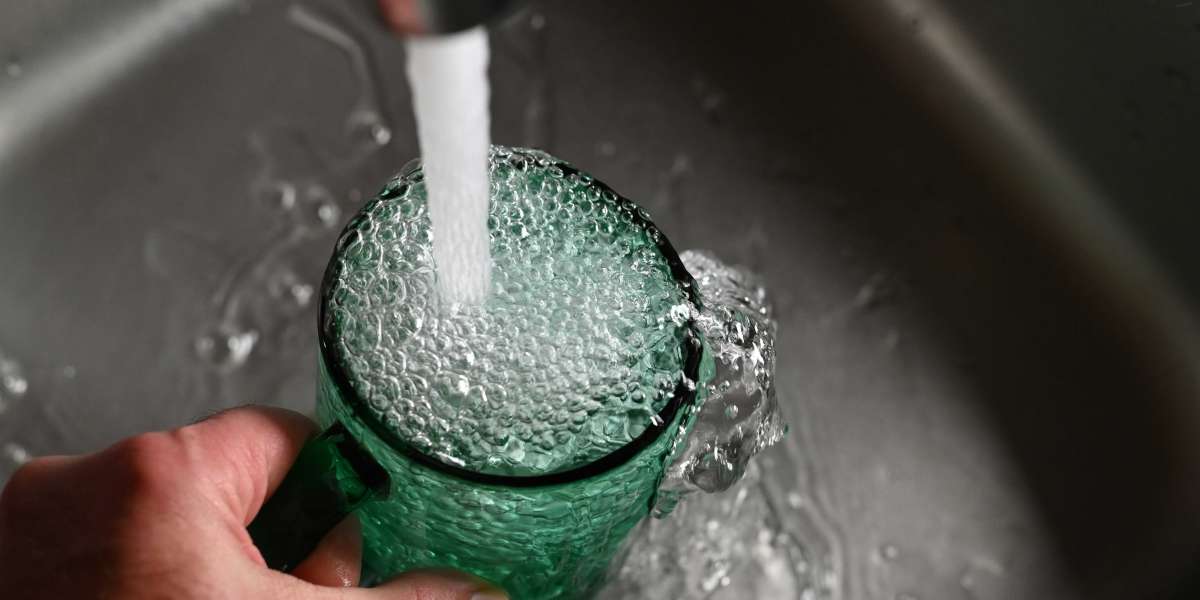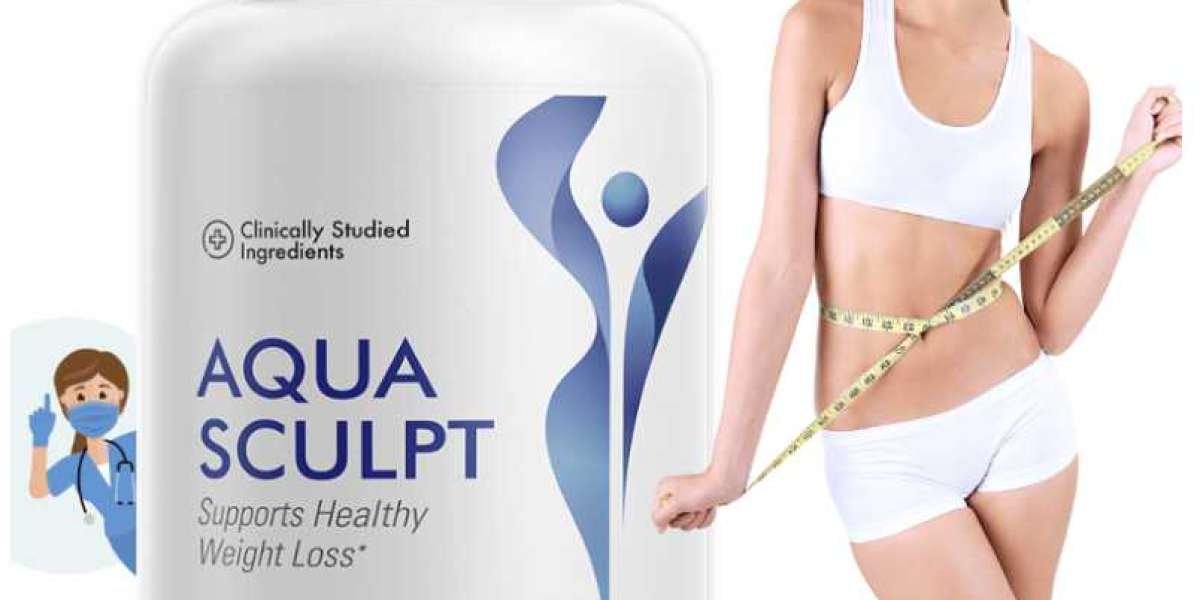3 minutes without air.
3 days without water.
3 weeks without food.
These are considered the given 'norms' for human survival, which shows just how important water is and why it should, without question, be your #1 prep.
At the time of writing, over the past weeks and months there have been more and more reports of water borne illnesses in our drinking water supply, and strict warnings about boiling water before drinking it.
Prepping isn't about getting ready for the end days (although yes, some people are doing that).
Prepping is about resilience in difficult or unforseen circumstances.
5 reasons why it's a good idea to store water at home:
1. Emergency Preparedness:
Storing water ensures you have access to safe drinking water in case of emergencies such as natural disasters, power outages, or disruptions in the municipal water supply. Having a backup water supply can be crucial during these situations, as we recently experienced.
2. Water Supply Interruptions:
Even in non-emergency situations, water supply interruptions can occur due to pipe breaks, maintenance work, or other issues. Stored water can help you get through these temporary disruptions without having to rely solely on bottled water.
3. Water Quality Concerns:
If you have concerns about the quality of your tap water, storing water can provide you with a reliable source of clean water for drinking, cooking, and personal hygiene.
4. Convenience:
Having water stored at home means you don't have to run out and purchase bottled water every time there's a disruption or emergency. It provides peace of mind and ensures you have access to water when you need it most, without having to rely on potentially scarce or expensive sources.
5. Drought Preparedness:
Not necessarily something we think of in the UK, but in other parts of the world this is relevant. In areas prone to droughts or water shortages, storing water can help you maintain access to water for essential needs even when water restrictions are in place or when water supplies are limited due to drought conditions.
It's important to note that stored water should be properly treated, rotated, and stored in clean, food-grade containers to maintain its safety and quality. Don't just grab a bottle and fill it with tap water - this will only be good for flushing the toilet. Stored water needs to be potable.
What having no mains water at home means, in practise:
As I mentioned in my last blog water is one of the most important of all preps, but it doesn't just affect your access to clean water for drinking.
We were without mains water for 4 days last year.
What that means, in practise is:
- no flushing toilets
- no showers or baths
- no dishwasher
- no clean clothes
- no hot water
- no washing up with hot water from the taps
In short, everything about modern day living that makes our lives easier and more comfortable disappears.
This was just for 4 days.
Imagine if it was longer...
Now of course you can wiggle around these inconveniences - if you are prepared.
I already had water preps in place, so I wasn't overly concerned about having a lack of water and was curious about how the situation would be managed by the water company.
If you have the room, aim for 5 litres of water per person, per day, for a minimum of 3 days. It may sound like a lot but we were allocated just 12 litres of water per day for a family of 5 and 2 big dogs.
It wasn't anywhere near enough for cooking and drinking and cleanliness.
TIP: It is easier to lift and pour 2 litre bottles, over 5 litre bottles.
The mental and physical load of having no mains water:*
(*for those who are connected to the mains, obviously some people use well water / bore holes)
What I wasn't prepared for was the mental load and extra work that having no water meant.
- Having to boil water for washing and washing up
- Conserving every drop of grey water (that means water used for washing / washing up) for flushing the toilet
- Remembering to take a glass of water upstairs to brush teeth
- Only flushing the toilet (if there was enough grey water) after a #2
- Seeing the washing stacking up - and up!
- Hand washing underwear and other small items
- Creating a makeshift shower - two members of my family work in Agriculture and Weils disease is a very real concern in our home; cleanliness is everything and stops disease from spreading.
- A 15 mile round trip, every day for water supplies - finding the time, having the fuel.
My Top Tips for Water Preparedness
Having survived through our 4 days of no mains water, and being in the fortunate position of knowing that it would be fixed at some point, these are some things to consider adding to your preps at home, in addition to water.
- Paper bowls
Save your water for drinking, cooking and cleanliness and ditch the washing up where you can. Paper bowls are much easier to eat out of than paper plates. Now, I know that some people may be upset about trees but please be reassured that trees, for paper, are grown as a crop, in much the same way that wheat is. - Pressure Sprayer
If being able to have a shower is important for your line of work, a pressure sprayer is a great way of creating a DIY shower at home. Use your exisiting shower cubicle and rig up the pressure sprayer in it. Fill with hot water (yes, you'll have to boil it first and top up with cold water to your desired temperature) and pressurize the sprayer. This is NOT a power shower option, but it does work, effectively and as a short term solution is well worth getting. - Hygiene Wipes
If you have little children, you likely have a stash of baby wipes anyway. But if not, do consider getting some as you'll be able to at least freshen up. Nearly everyone will still have to go to work or school, regardless of the water situation; life outside the water supply at home continues as normal! - Shampoo Caps / Dry Shampoo
Originally developed for the eldercare market, shampoo caps are a waterless system for washing your hair. My kids didn't really like them but they do work and in the short term, are bareable. Dry shampoo is another option, readily available from the supermarket and online too. - Water Purification Tablets*
A really inexpensive prep that will treat water and make it safe. Water purifying tablets literally cost pence each and take up the tiniest amount of space. - Water Filtration
If your finances allow, consider a water filter - I like the gravity water filters best and love my British Berkefeld, which I use with Wrekin filters. - Plasterers Bath /Mortar Mixing Box
A plasterers bath is an absolutely brilliant prep for bathing small folk and for washing clothes, too. In fact, this was my son's bath for 2 years when he was a toddler and we only had a shower in our rented home! - Water Butts
If you have the space in your garden, add water butts. This will give you a buffer and enable you to water plants, flush toilets, and, in a real pinch, purify for drinking water.** - Life Straws
These are a great prep for the home and out and about, but are on the more expensive side. Please ensure you get a reputable brand. They do sell some cheaply on a well known chinese site but this is not something you want to compromise on quality with, or run the risk of cheap contaminants inside. I like the Sawyer brand life straws.
*for treating any water source.
**all rainwater needs to be treated before drinking; filtered and boiled or water purification tablets.
More First Time Prepper Blogs on ZZatem:
Recommended Reading:
Why am I writing the First Time Prepper series?
In May 2024 the UK Government announced that every UK citizen should consider having three days worth of food and water on hand, in the event of an emergency.
According to polling by the London Defence Conference, only 15 per cent of people have an emergency supply kit in their homes - and over 40 per cent of people do not have enough non-perishable food and water to last 3 days.
Oliver Dowden also warned that the UK Government plans the 'largest-ever simulation of a pandemic in the UK, which will involve tens of thousands of people across government and public services.' in 2025.
Prepping is easy, when you know how and, for the most part, is just common sense. It helps you to have less impact on the supply chain and helps you to be resilient in the face of lifes challenges and changes.
Photo by Andres Siimon on Unsplash








